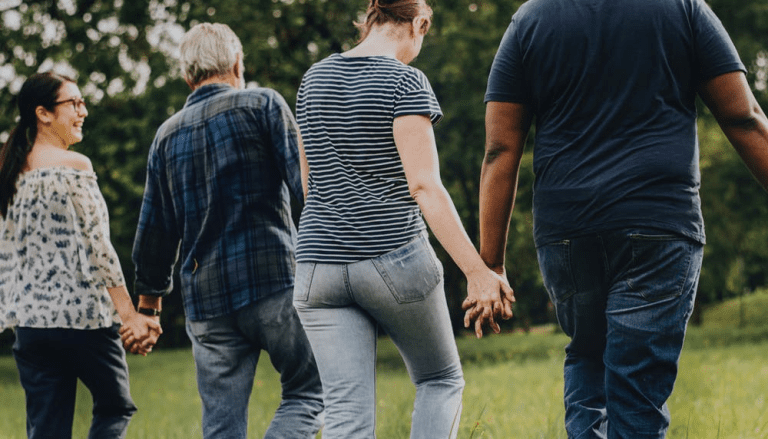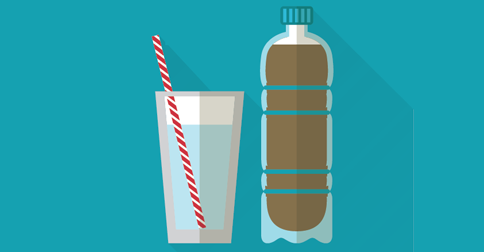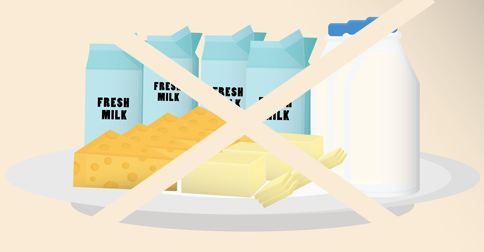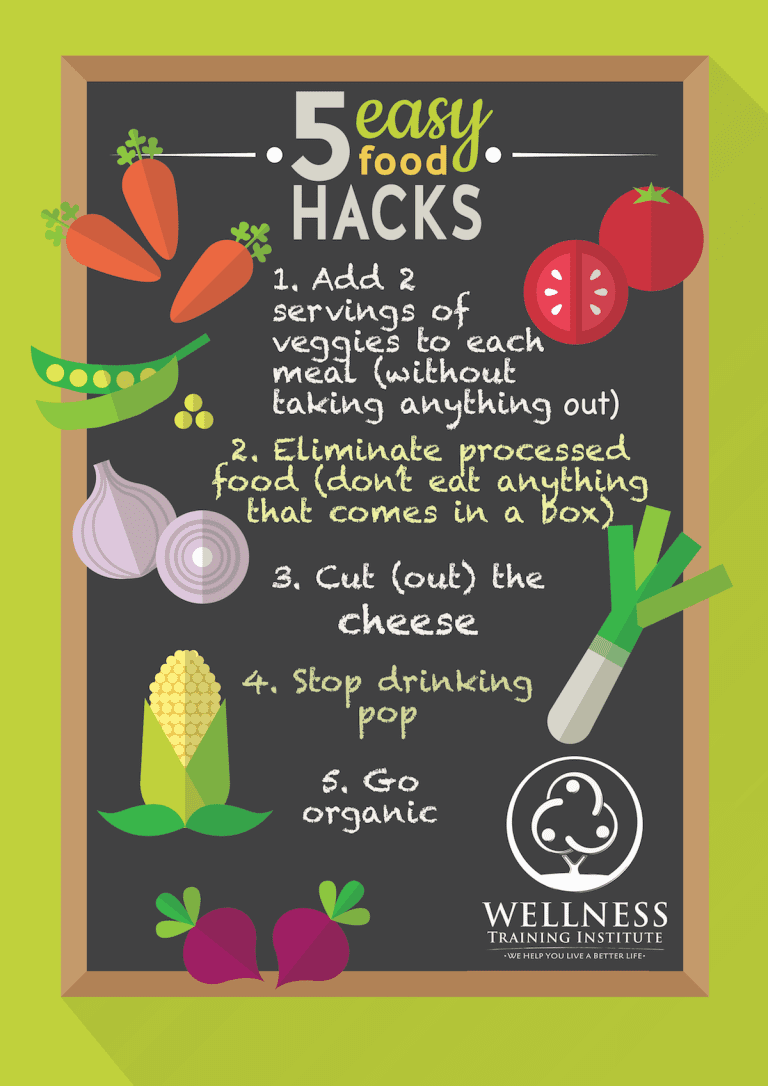Can You Really Change Your Life?
By Michael Dangovian
July 20, 2017

Change is hard. Or, at least, it is if you’re focusing on the wrong things. Here’s how very small changes can have huge benefits—and a huge influence on your happiness—in a very short amount of time.
Change doesn’t happen overnight. Instead, change happens when you make very small adjustments—and sustain and build those over time.
Here are the five things to focus on when you want to make a real, lasting, happiness-inducing change in your life.
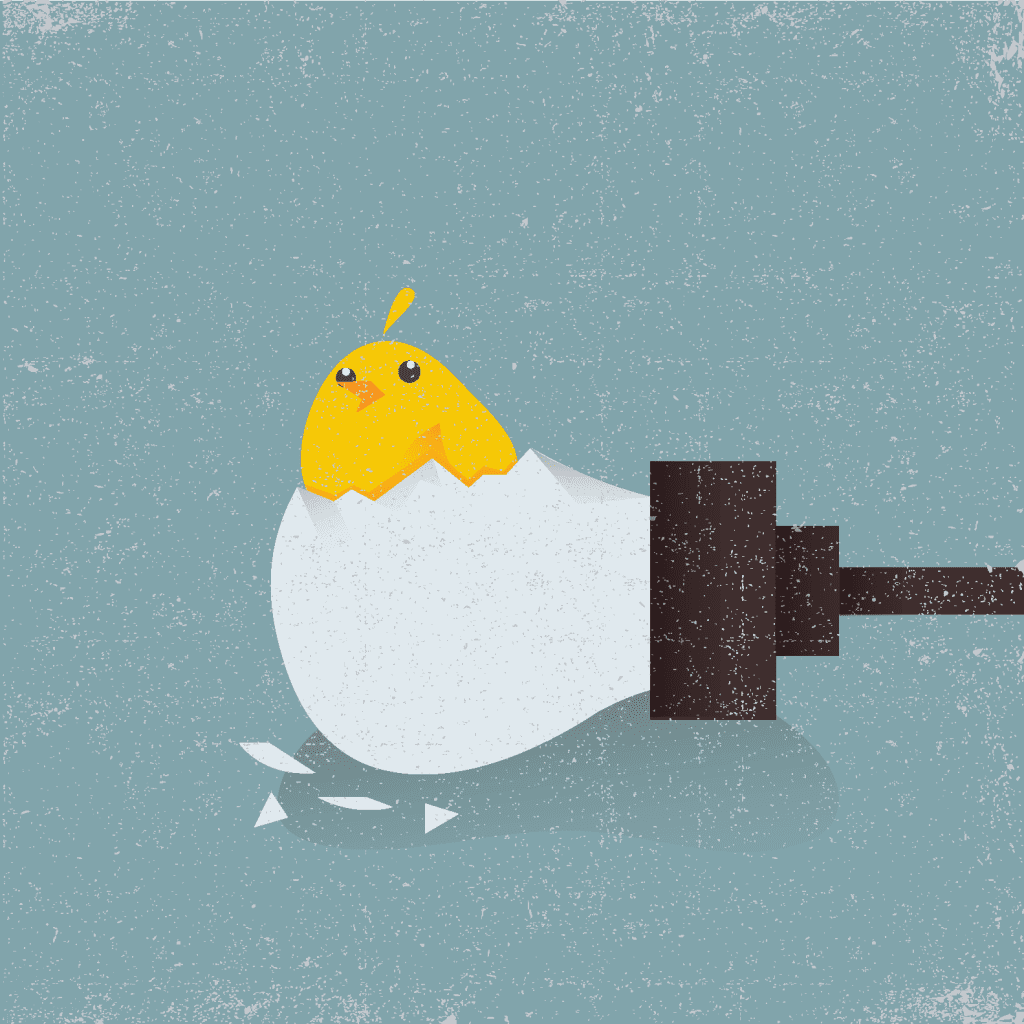
1. Don’t Focus on the Break
Trying to “break” a habit just doesn’t work.
Instead, you should focus on creating new habits.
Think about it this way. Let’s say you need to reroute a river.
Simply damming up the river to “fix” the problem isn’t going to work. Your fields are going to flood. Instead, you’d leave the current channel in place while you build another one in the direction that you ultimately want the water to flow. Once that new channel is done, the water will flow through it instead of the old one. Time, weather, and erosion will eventually take care of the old river bed.
Creation, here, is key.
The changes that you create in your life will eventually, step by baby step, eclipse the old bad habit.
That bad habit won’t need to be fixed, simply because it’s no longer going to exist.
2. Get Concrete
Change doesn’t happen in the abstract. Instead, studies have shown that change happens when you focus on the tangible, physical parts of whatever change you want to make.
Here’s what I mean.
Let’s say you want to be a more positive person. But simply aiming for “positivity” or “happiness” isn’t going to work. You’ll just be left spinning your tires. The abstract doesn’t give you any traction.

Instead, if you want to be a more positive, happy person, focus on the things that a positive, happy person would do.
For example, you could start a gratitude journal in which you write three things you are grateful for every morning before you do anything else. Over time, this concrete action will become a habit—something you just do—with the accompanying effect of being someone who focuses on the positive things in life.
Or, you could begin to form the habit of sending one encouraging text message to a friend every day on your lunch break. Again, this is a concrete action that results in changes in the physical makeup of your brain.
Do positive things, and you’ll become a more positive person.
Build tiny habits that make others happy, and you’ll be happier yourself.

3. Write Down your Goals
It’s one thing to think about making changes in your life. But putting it down on paper—making it real—is a whole other bird (of happiness.)
Getting your goals down on paper results in a number of positive psychological effects.
For one, it’s there in front of you, real as real can be.
Also, you’ve now put yourself in a position where you’re held accountable to yourself.
Thirdly—and maybe most importantly—it far less likely that you’re going to forget about it. Thoughts come and go. Even the smartest of us forget far more than we remember. Having your goals down on paper serves as a reminder. It’s the difference between being lost in a forest and either attempting to navigate blindly… or using a compass.
Let your stated goals, there on the paper, be your guide.
4. Morning or Evening
When your attempting to build new habits, experts say you should do most of the hard work creating new ones in either the morning or evening.
The reason for this is because the middle part of the day tends to be the most hectic. Under stress, your bad habits are your fall back. Trying to build new habits in the midst of being busy, harried, and otherwise preoccupied with the millions of things you have to worry about during the day just isn’t going to work.

So, build those new changes into the start or end of your day, when you generally have more control of what’s going on around you.
This way, you can be more mindful of the habit creation process.
And being more mindful drastically raises your potential for success.

5. View Failure as a Learning Experience
Built into the very structure of change is the fact that you’re going to fail from time to time.
It’s just going to happen.
But how you view those failures is going to affect how lasting that new habit is going to be.
If you trip up and allow that mistake to ruin your entire day, it’s far less likely that the changes you are trying to make will stick.
Instead, if you take that screw up, forgive yourself for it, and then resolve to do better next time, the process of building that new habit is going to be much smoother.
View your failures as learning experiences. Take a moment and be mindful abofhat failure. Why did you fail? What will you do next time to prevent that failure? What did you learn about yourself because of the failure?
Again, you’re going to mess up. But, if you view it as a blessing instead of a curse, that habit will be all the “sticker” for it in the long run.
I hope that these 5 suggestions will help you along in your journey to becoming healthier, happier, and, well, just plain better.
The key is to start small—like, really small—and build from there.
And be patient with yourself. It took decades to build your current bad habits. Don’t expect them to change overnight. That kind of change only happens in the movies.
Real change—in real life—is a journey. And inch by inch you’ll get to where you want to be!
To be happy, you need to be healthy. Download our free step-by-step guide to getting healthy… and staying that way! Click to download The 7 Habits of Highly Healthful People NOW!


